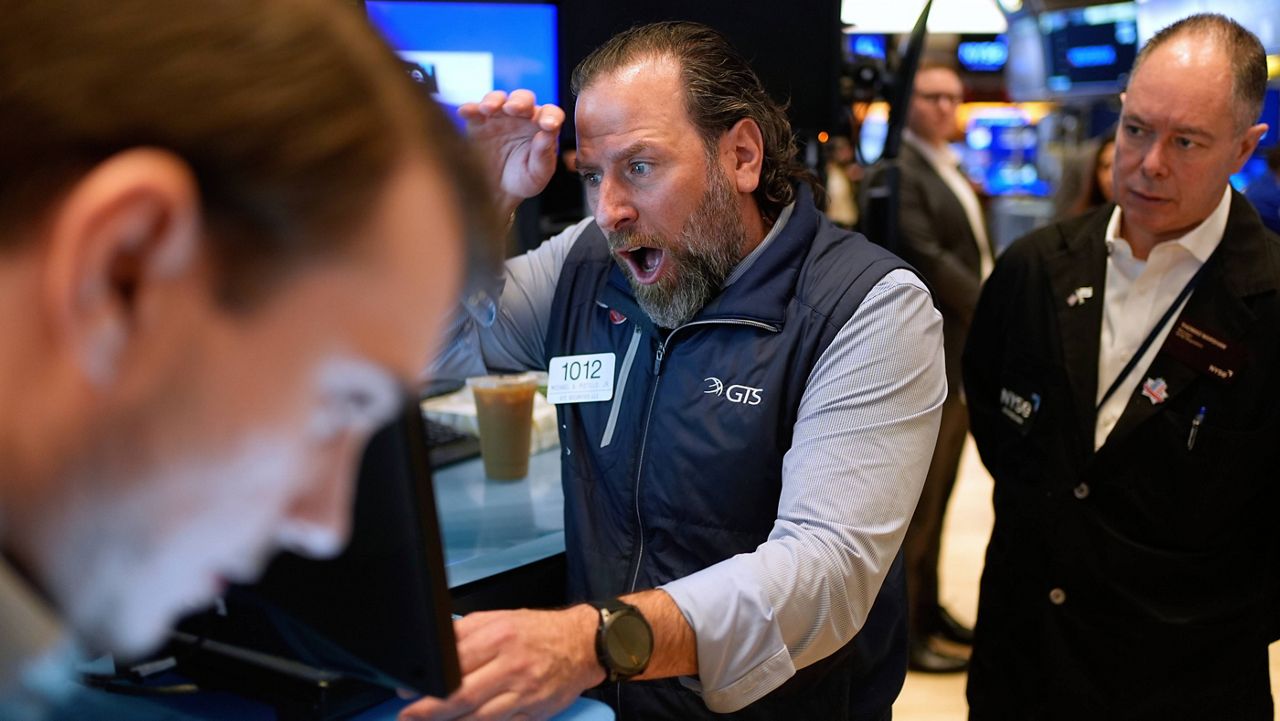TAMPA, Fla. — Every year in the United States, 90,000 people are diagnosed with Parkinson's Disease and research shows that number is increasing. The diagnosis rate has gone up 50% over the past five years, according to a 2022 study.
For Phil Daniel, a Lutz resident, every day presents a new challenge. He was diagnosed with Parkinson's in 2011. The disease affects the brain and cells that produce dopamine, which can make everyday tasks more difficult.
“You have to learn to accept that it’s a progressive disease," Daniel said. "Like anything else, you have your good days and you have your bad days.”
People with Parkinson's have varying symptoms. Some include tremors, trouble walking and changes in speech. Daniel's case began with a limp arm. Now, he uses a walker everyday and also struggles with depth perception.
"I’m very cautious of the days activities and where we’re going to go because every new environment - whether it’s going shopping or going just to Wawa - you gauge your ability to move safely," Daniel said.
Every day requires strict planning. This month alone, Daniel has 19 appointments, including a weekly one-on-one session with Meredith DeFranco, a physical therapist. DeFranco explained exercise helps improve brain function, balance, mobility and can even delay the progression of Parkinson's.
"Don’t wait to start exercising," she said. "We love to meet people the day they get diagnosed so that they can start on a program the very day they find out they have Parkinson’s. It’s much easier to stay ahead of a neurodegenerative disease versus waiting for the disease to catch up to you and cause changes in your life."
DeFranco also founded the non-profit, pdLIFE. On Saturday, the organization held its 3rd annual challenge at MacFarlane Park, where people with Parkinson's are invited to compete in a 1.2-mile obstacle course. For DeFranco, the goal is to empower the local Parkinson's community, including Daniel, who competed in the challenge.
Even though Parkinson's has drastically changed Daniel's life, he is determined to not let it slow him down.
“All of a sudden, you’re not as active, you’re not as nimble, your endurance is compromised," Daniel said. "But find other ways to make sure you’re exercising your mind and your body, and stick to it.”
DeFranco explained there are two main reasons why cases of Parkinson's are increasing: the population is getting older and nowadays, there is greater exposure to various toxins and pesticides that researchers believe can contribute to developing the disease.









